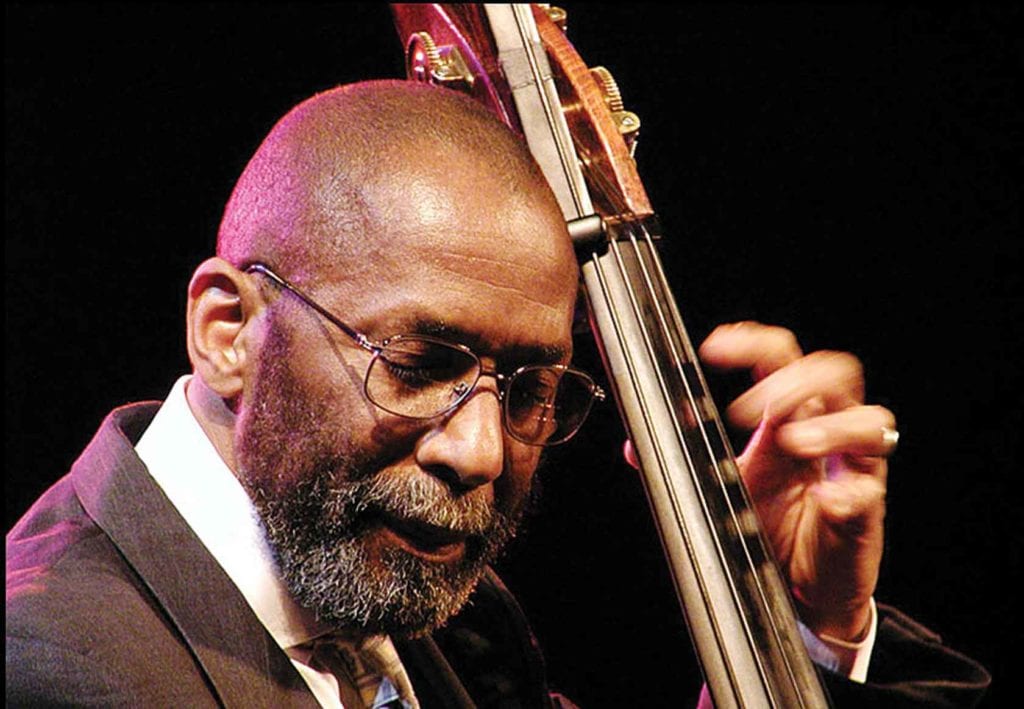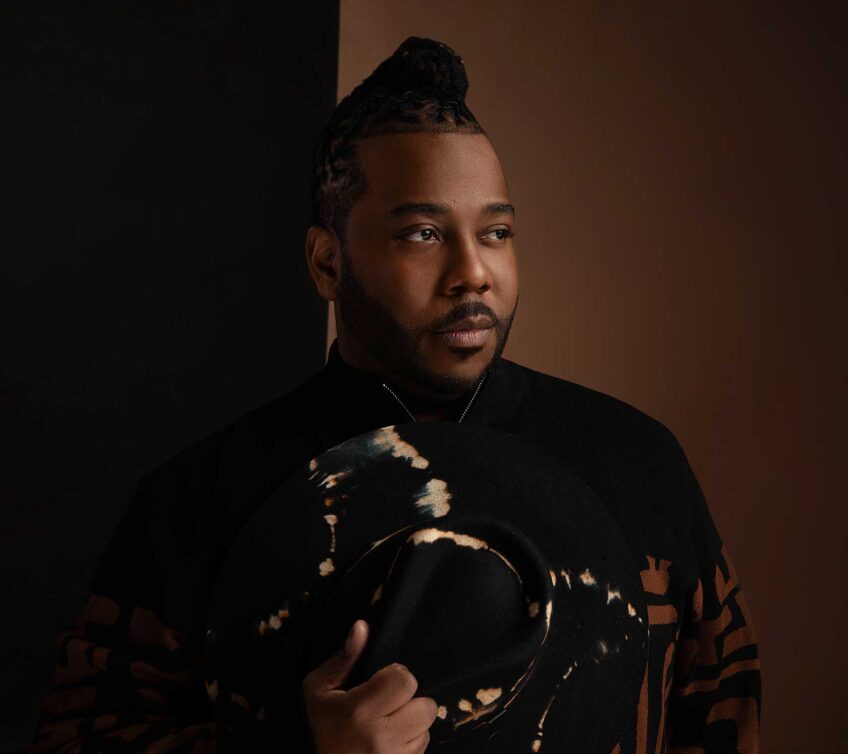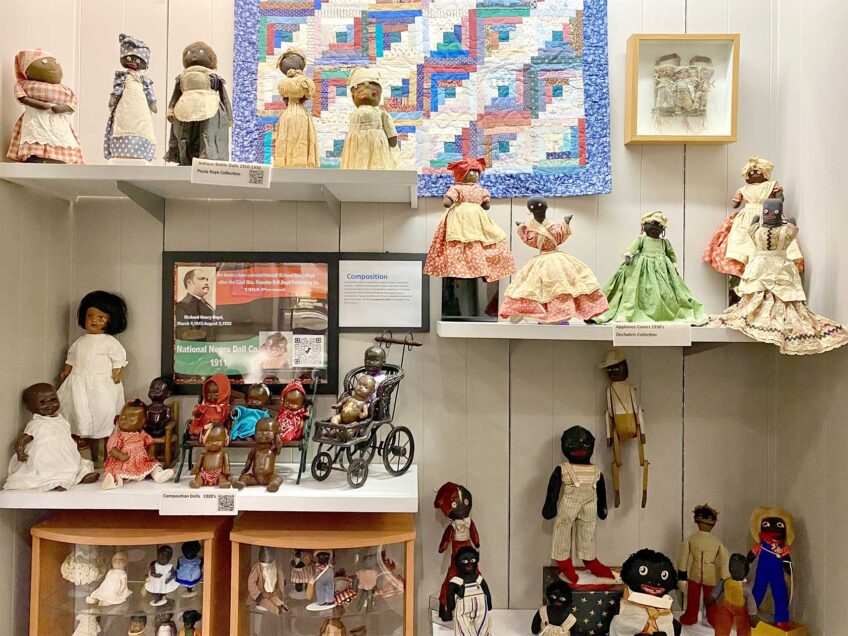
Jazz bassist Ron Carter, one of the greatest musicians in the world over the past 60 years, will be back in the Boston area on February 22 and 23 for two shows each night at the Regattabar inside the Harvard Square’s Charles Hotel. Carter, who became recognized through his quintessential work with the Miles Davis Quintet, continues to be a major influence on jazz today. His participation on Miles Davis’ recordings, such as “Filles de Kilimanjaro,” “Nefertiti” and “Water Babies,” from 1963 to 1968, are essential recordings in any home library of music. And his work with Horace Silver, Wayne Shorter, Dexter Gordon, Chick Corea, Herbie Hancock, Bill Evans and Quincy Jones, among countless other jazz greats, is timeless. So is Carter: Now in his 82nd year, he continues to be a vital presence in musical performance and composition. The Banner caught up with him by phone from his home in New York City.
What can we look forward to hearing from you both in recordings and performances in 2019?
Ron Carter: I’ll be making another orchestral recording. I’ve played bass as part of Bach’s Brandenburg Concerto that I recorded in 1995, and I’m looking forward to working on recordings of Grieg, Handel, and some opera as well as another project involving Bach’s cantatas. Then, too, I’ll be at The Blue Note and Birdland in New York. In June, it’s back to Japan, and in July I’ll be in Europe. My trio is Russell Malone, Donald Vega, and myself.
When you were coming up in music in the late 1940s and early 1950s, what was the environment like for you as a person? I mean, how the audience related to you, and how the music you were performing was understood by the wider culture. Has anything changed?
RC: When I performed for audiences at the age of 12, I wasn’t thinking about audiences. I wasn’t aware of them, and it wasn’t a concern of mine. I was trying to be a classical musician. And later, say around 1959 or 1960, when I was performing jazz in New York? I just didn’t have that awareness. I was thinking, we all were, the more people you drew to a show, the more work you could get.
What advice or observations would you give or make to younger musicians?
RC: Get a teacher who understands the music. Get two teachers! One who will teach you how to be a practitioner on the instrument, and one who will teach you how to create harmony on the piano. It’s false and dangerous to think that jazz is just grabbing a few notes. It’s a serious art.
Is there any talent these days you find yourself wondering why more people don’t listen more to him or her?
RC: Houston Person, sax. I’m still surprised more people don’t know who he is. And George Benson, guitar. He’s a wonderful singer. Top level of the totem pole.
I know you tour often in Japan, and Japanese people are deeply enthusiastic about your work. What, if anything, have you learned from Japanese culture?
RC: I’m not immersed in the culture. You’d need to talk to Lewis Nash, the drummer, or Kenny Garrett, saxophonist, about that: They speak Japanese. I’ll watch kabuki opera, for example, when I’m in Japan, but overall, I feel like a retired schoolteacher working weekends when I’m there!
What sustains you in the creation and playing of music? How do you endure the normal doubts of being an artist?
RC: I don’t have those doubts. I want the second night of a show to be as good as the first night. It’s work. I have a discovery the first night that I want to finish the second night.
What’s your feeling, in the broadest sense, about Boston as a musical venue?
RC: My general concern is that with all the intellectual sites and major institutions — places like Harvard, MIT, Northeastern and Berklee, for example — with all the students, there’s not enough to support a real jazz club in Boston. You’d think with Harvard’s endowment — Is it the biggest of any university in the world? — that could happen. It’s mind boggling. It insults the art and the music. At the same time, black communities everywhere need to see the valuable necessity of jazz. Without jazz, for example, there’d be no rap, no hip-hop. And unless we can convince us people that jazz is necessary in our lives, we will need to depend on people of other racial hues to support the music.


![Banner [Virtual] Art Gallery](https://baystatebanner.com/wp-content/uploads/2024/04/Cagen-Luse_Men-at-store-e1713991226112-150x150.jpg)

![Banner [Virtual] Art Gallery](https://baystatebanner.com/wp-content/uploads/2024/04/Cagen-Luse_Men-at-store-e1713991226112-848x569.jpg)

